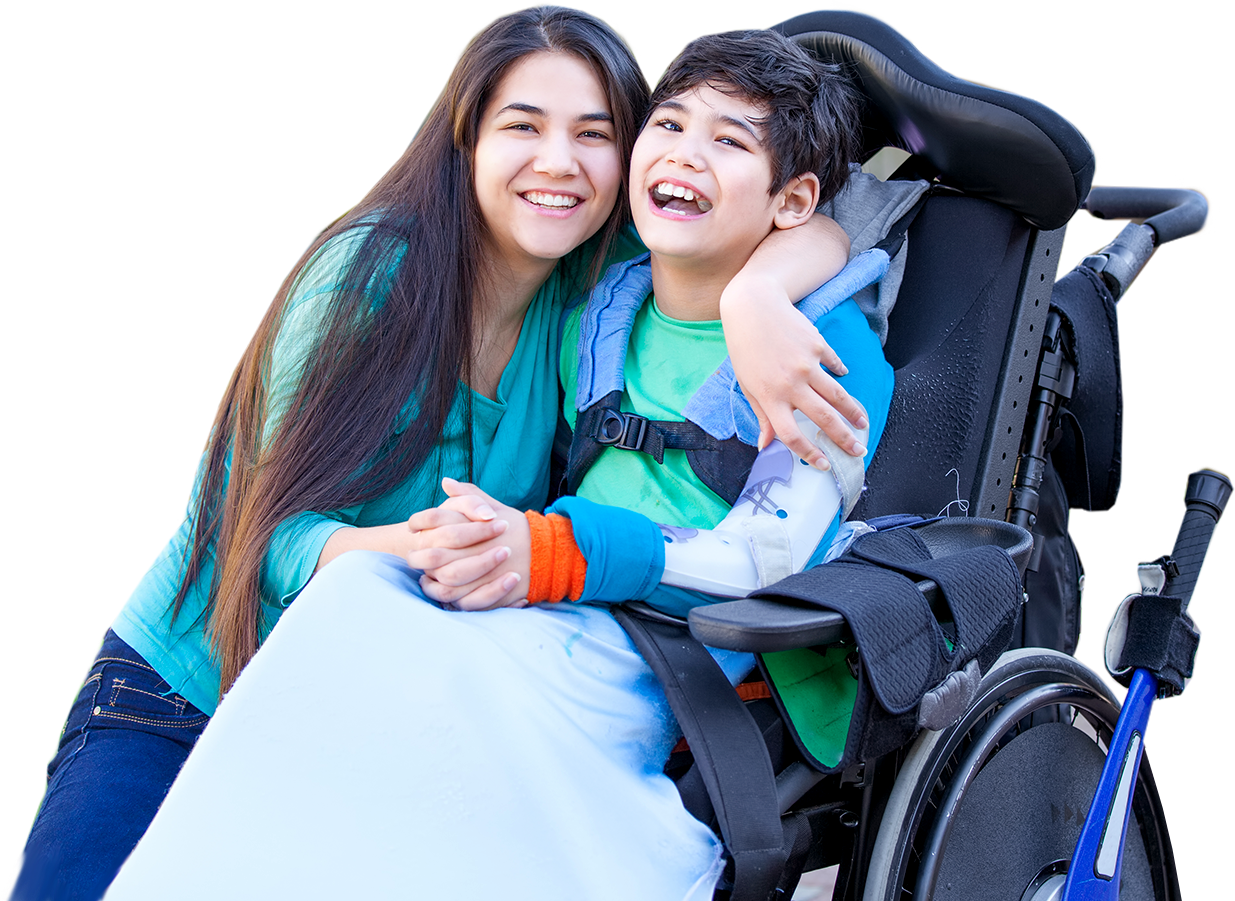CPFN Blog
advice to better care for your child

- Alternative
- Assistive Technology
- Associated Conditions
- Birth Injury
- Causes of Cerebral Palsy
- Cerebral Palsy Diagnosis
- Cerebral Palsy Information
- Cerebral Palsy Therapies
- Cerebral Palsy Treatments
- Child Development
- Doctor Visits
- Education
- Equipment
- Featured
- Legal Help
- Medical Research
- News
- Patient Care
- Prenatal Care and Childbirth
- Stories
- Tips for Parents
- Types of Cerebral Palsy
- Updates
Adaptive Seating Devices for Children with CP
Technically speaking, adaptive seating is defined as “modifications to seating devices to improve sitting posture and/or postural control in mobility-impaired individuals.” In layman’s terms, this means your child may use a special desk or wheelchair that has been personalized to meet their needs. Read More
How to Take Time for Yourself
Respite care. How many parents really take advantage of this short-term break from caring for a family member with cerebral palsy? As a single mother, I was offered this many times, but never took advantage of it. Read More
Making the Decision to Place a Child in a Residential Center
One in six children in the U.S. lives with a chronic disability. Some will be placed in a residential facility for long-term care. For parents of some children with cerebral palsy, this can be an excruciating and exhausting choice. I know this firsthand. Read More
5 Ways to Help Siblings Understand Your Child’s Cerebral Palsy
It should not be surprising that we received a lot of feedback on the community question: “How do you explain your child’s cerebral palsy to other siblings to help them understand?” There are more than six million people with disabilities living in the United States alone, and most of these people have brothers and sisters. Read More
Selective Dorsal Rhizotomy: An Overview
Selective dorsal rhizotomy (SDR) is an irreversible neurosurgery performed on the lower spinal cord to treat spasticity, especially in the lower limbs. A neurosurgeon identifies nerve rootlets in the spinal cord that are sending abnormal messages and cuts them. Read More
Spastic Diplegia – Overview and Considerations for Children
Spastic diplegia is a form of cerebral palsy that primarily affects the legs, hips, and pelvis. Arms can also be affected, but to a lesser degree. Considered a less severe form of cerebral palsy, children born with spastic diplegia usually have average to slightly below average intelligence and language skills. Read More
Our Favorite CP Teachers Video Series
Did you nominate a teacher in last year’s “Our Favorite CP Teacher” contest? We were flooded with entries and received so many inspiring stories from your favorite teachers and therapists! We’ve compiled the photos into a series of short videos to showcase all of the nominees. View all of the videos in the series... Read More
Spotlight On: Variety – the Children’s Charity
Variety the Children’s Charity is an organization that strives to enable children with disabilities to live life to the fullest with a focus on mobility, communication, and social inclusion / interaction. Read More
Where to Donate Old AFOs
On first thought, you may think that ankle-foot orthotics (AFOs) cannot be “recycled,” since they are molded to custom-fit a specific child. However, donating your AFOs actually can help children in need! Some organizations modify the shape of used AFOs, fitting them to their new owners. Read More
Was My Daughter’s Cerebral Palsy Preventable?
Every parent of a child born with a brain injury asks themselves, “Was my child’s birth injury preventable?” Very few find the answer to that question. Why? Many times, they’re convinced by the physicians and other medical personnel involved in their child’s delivery that “these things happen.” Read More
